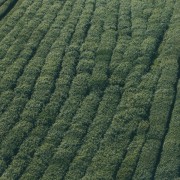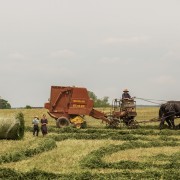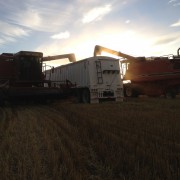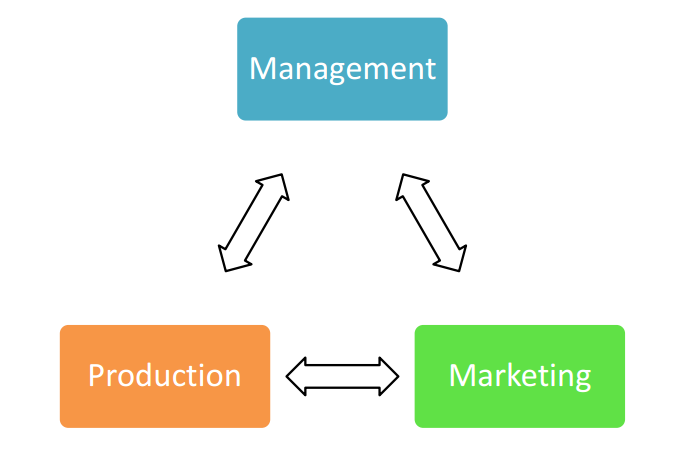BMP – Best Management Practices
BMP’s, or Best Management Practices, are also often referred to as “Best Practices.” Commonplace in
corporate culture, the primary benefit served by BMP’s is bringing consistency to methods or techniques
used to accomplish a task or objective. Also focusing on efficiency and ensuring the best use of available
resources, BMP’s are everywhere, even if they aren’t documented in a manual somewhere.
Your farm is no different. Over the years, you’ve likely established a BMP for the way in which you
service the combines in season. With good harvesting weather typically in short supply (especially this
year) you’ve got “a system” for how you deal with blowing out filters, cleaning windows, greasing,
fueling, and the circle check you do to identify trouble spots like belts, bearings, and chains. If, and
when, you have new employees on the farm, how do you convey your “system” to them?
Is it fair to say that the Best Management Practice you’ve worked out for servicing combines, for
example, isn’t available in an employee handbook, or even on a notepad somewhere? It’s in your head.
It’s just what you do. It’s habit. It’s automatic. It’s common sense.
What may be a common sense natural work flow to you might be as abstract as a foreign language to
your new helper, your spouse, or your kids.
You may have felt the same angst as your new helpers at harvest while listening to your banker describe
the nuances of your financing arrangement, or your lawyer discussing tax implications. It can feel like
they are speaking a different language.
In your business, communication is the answer. Any best practices you have developed over time
(documented or not) are useless if not effectively communicated to the right people.
Best Management Practices apply to many aspects of your business, such as:
- Managing financial data
- Processing invoices
- Servicing equipment
- Soil conservation
- Employee engagement
- Etc.
This list is by no means exhaustive and could go on & on. There is likely a best practice you could think of
for just about everything in your business.
Direct Questions
How many specific Best Management Practices do you already have in place on your farm? How many
are documented?
How could your stress level be reduced in the busy season if you had BMP’s documented for new
helpers to review and be comfortable with prior to “trial by fire?”
It isn’t realistic to implement a BMP for every task on your farm, but what would it take to do so for the
most critical functions that take place through the course of a growing season?
From the Home Quarter
Best Management Practices are everywhere, they are all around you whether or not you see them, have
formalized them, or even give them a moment’s consideration. They have helped you expand, do more
with less, and streamline workflow. They are available in all aspects of your business, if you chose to
seek them out and implement them.
Over the winter, I will be spending time with each of my clients working on several issues, with one
being Best Management Practices. If you’re interested in learning more, please email me or call
anytime.










